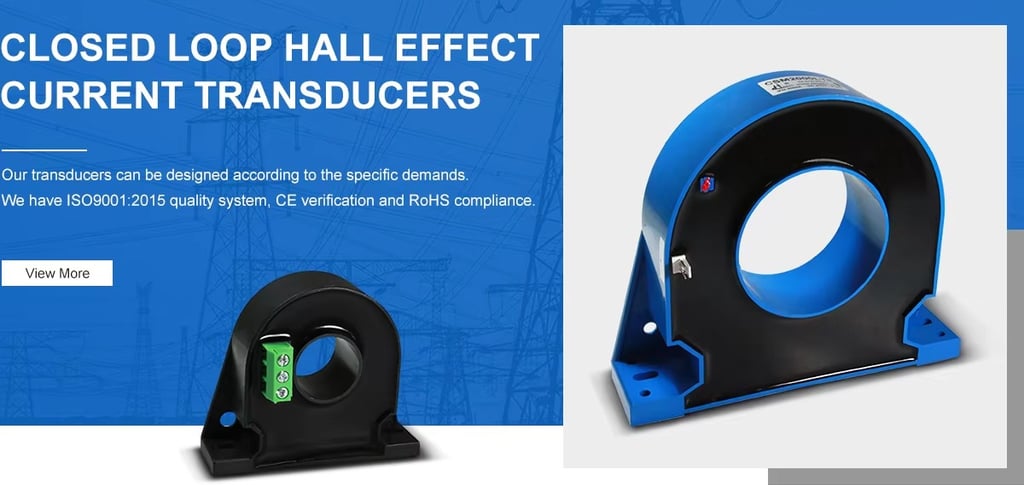Do Hall Effect Sensors Need Power?
Learn why Hall Effect sensors need power and how it supports their functionality. Discover their energy requirements and why they are essential for accurate magnetic field detection.
Azael
10/15/20242 min read


Do Hall Effect Sensors Need Power?
Yes, Hall Effect sensors require power to operate. These sensors rely on electrical energy to detect magnetic fields and generate an output signal. In this article, we’ll explain why power is necessary for Hall Effect sensors, how much they typically consume, and what this means for their applications.
How Hall Effect Sensors Work
Hall Effect sensors operate based on the Hall Effect principle, where a voltage is generated when a magnetic field interacts with an electrical current in a conductor. To create this current and amplify the resulting voltage signal, the sensor needs an external power supply.
Why Do Hall Effect Sensors Need Power?
Generate a Current
A steady current is required within the sensor to enable the Hall Effect phenomenon. Without power, the sensor cannot create this internal current.
Signal Amplification
The voltage generated by the Hall Effect is very small (microvolts). The sensor’s internal circuitry amplifies this voltage to produce a usable output signal.
Additional Features
Some sensors include features like digital processing, temperature compensation, or wireless communication. These require additional power.
Power Requirements of Hall Effect Sensors
Voltage Range
Most sensors operate on a low voltage supply, typically 3.3V, 5V, or 12V, depending on the model.
Current Consumption
The current consumption is generally low, often in the range of a few milliamps (mA). This makes them energy-efficient and suitable for battery-powered applications.
Power-Saving Features
Modern Hall sensors may include sleep or standby modes to conserve energy when not actively sensing.
Applications Where Power Considerations Matter
Battery-Powered Devices
In devices like smartphones and wearables, low power consumption is crucial to prolong battery life.
Automotive Systems
Sensors in vehicles must balance power consumption with reliability, especially in electric and hybrid cars.
Industrial Automation
In machinery, power efficiency ensures cost savings and compatibility with existing systems.
Can Hall Effect Sensors Work Without Power?
No, they cannot function without power. Unlike passive components such as resistors or capacitors, Hall Effect sensors rely on active components like amplifiers and processors, which require energy to perform their tasks.
Hall Effect sensors do need power to operate, but their energy requirements are minimal. This makes them an excellent choice for applications where precision and efficiency are essential. Whether you’re designing a battery-powered gadget or a high-performance industrial system, understanding the power needs of Hall Effect sensors will help you optimize their performance.
Call-to-Action:
If you're looking for energy-efficient Hall Effect sensors, browse through our catalog or reach out to an expert to find the right solution for your project!
Related Blogs
Sensors
Quality hall effect sensors for various applications.
Wholesale
Customization
azael@halleffectpro.com
+86-15205190013
© 2012-2024. All rights reserved.
